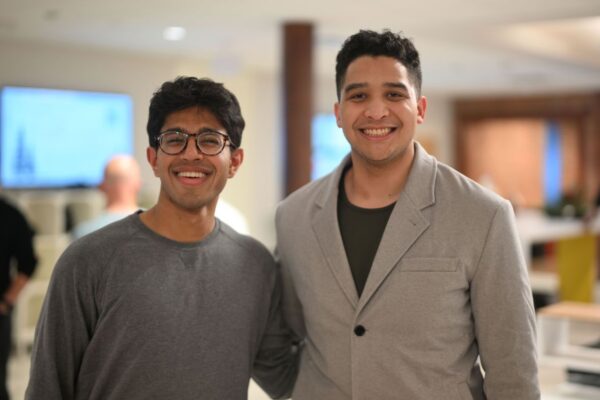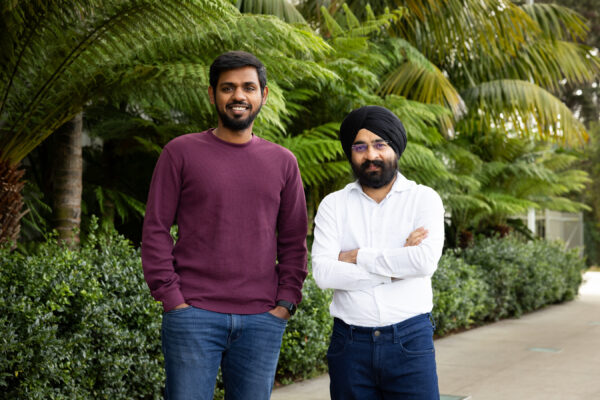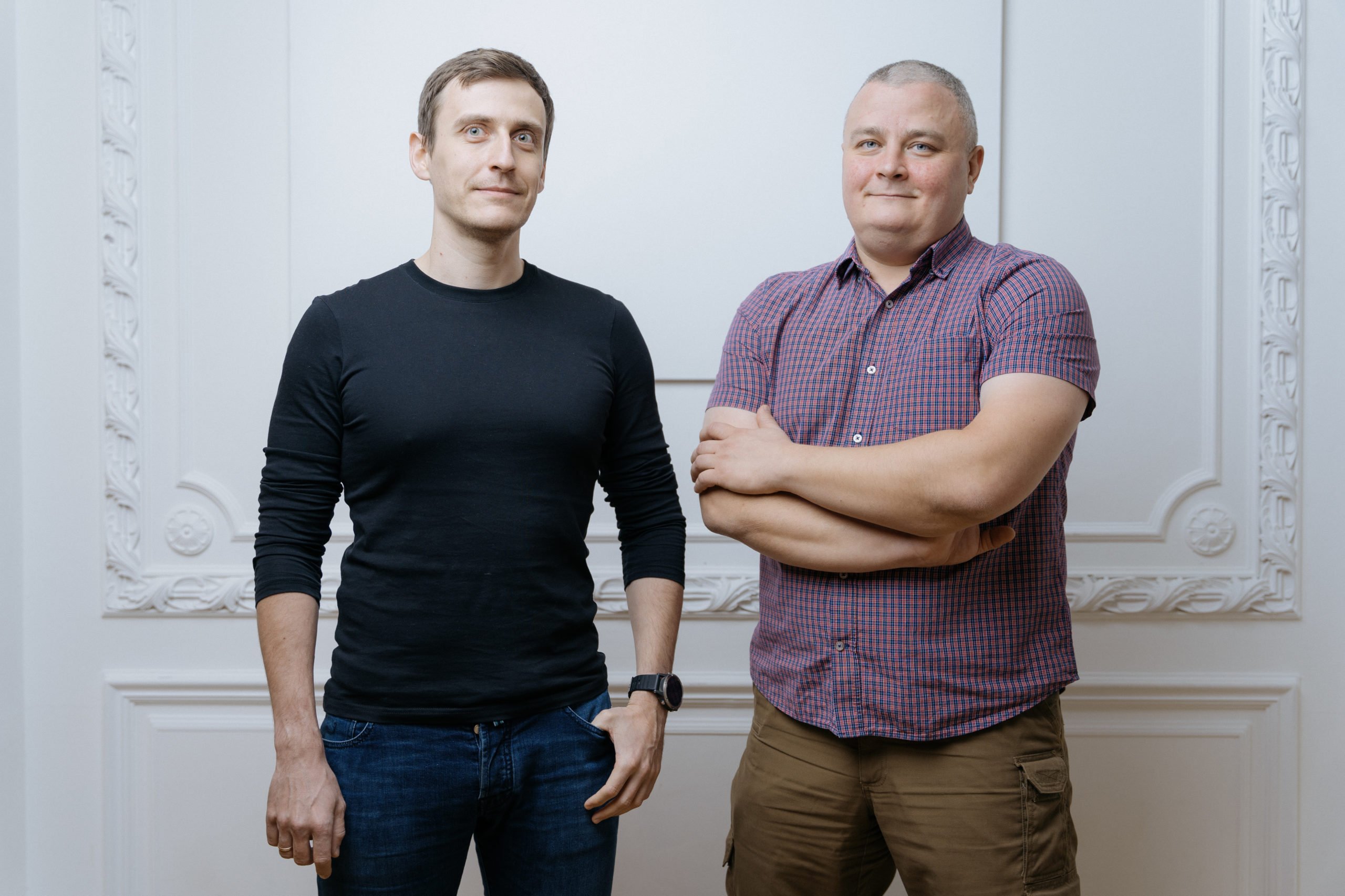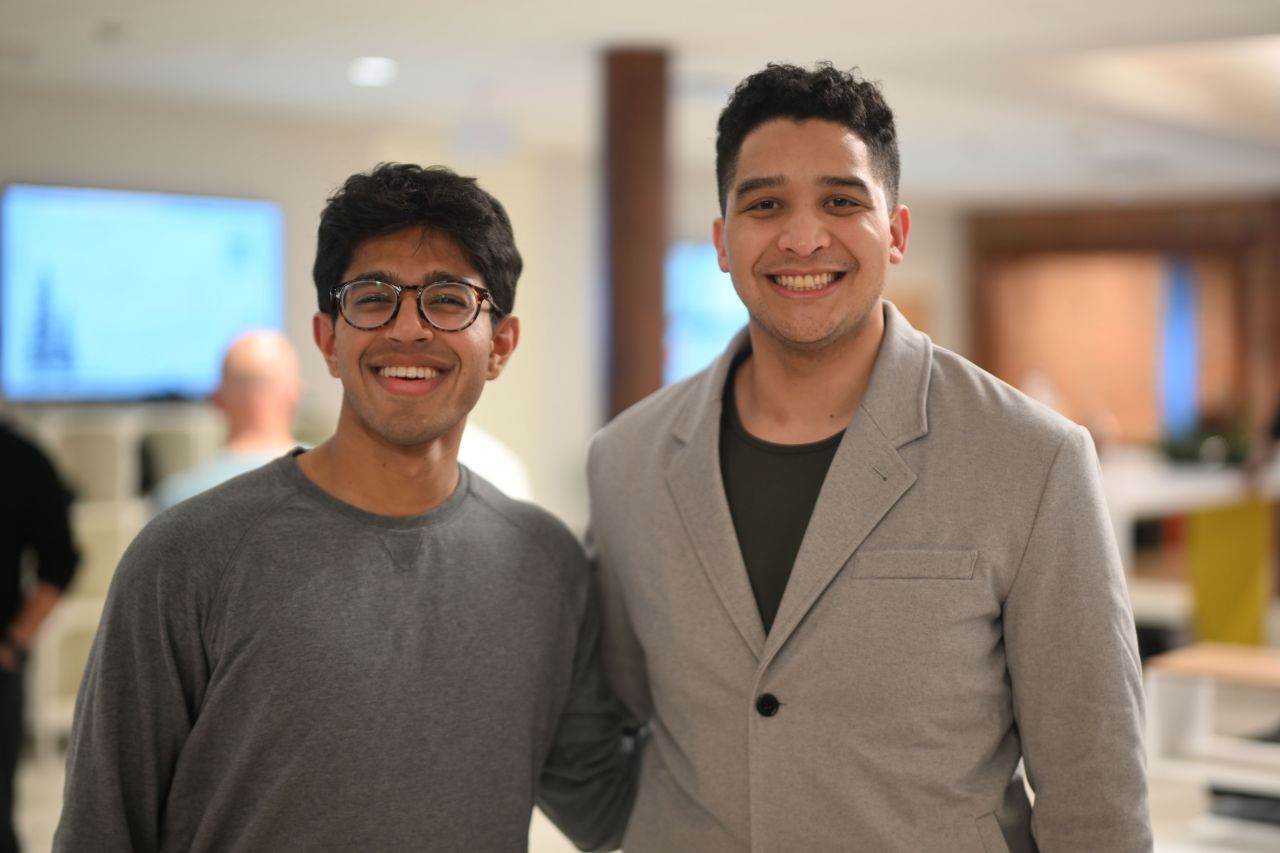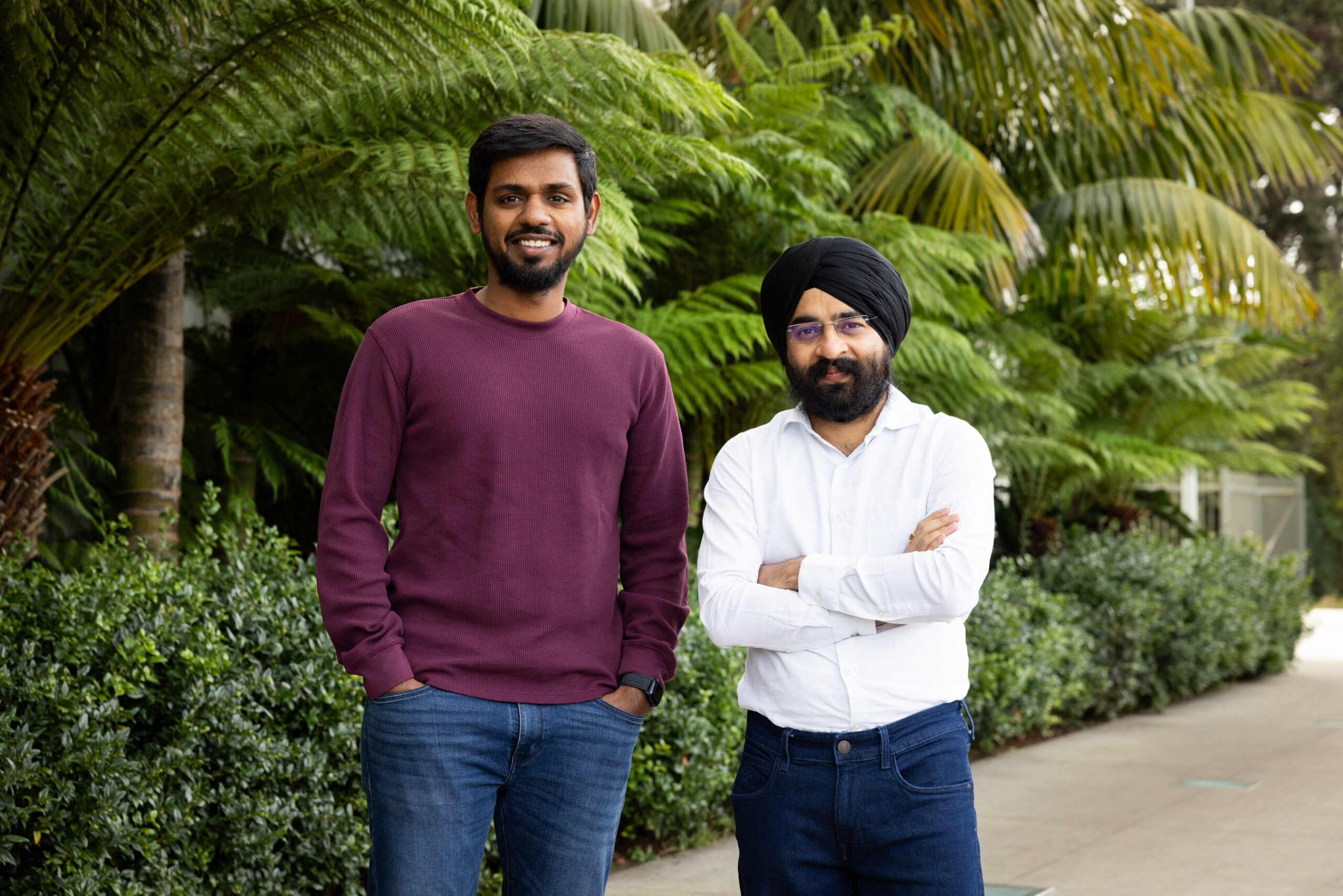In an era where weight loss is increasingly medicalised through injections and prescriptions, Simple Life is charting a different course—one driven by AI, behavioural data, and gamified coaching. The London-based digital health company has raised $35 million in Series B funding, led by HartBeat Ventures and AI-driven private credit firm Liquidity, to further scale its virtual health coaching platform and deepen user retention.
The raise follows a breakout year for Simple Life, which reported $100 million in revenue in 2024, a 64% year-over-year growth rate, and operating profitability—metrics that are increasingly rare in the hyper-competitive health tech market. Its app, which delivers real-time nutritional analysis and adaptive coaching through an AI companion named Avo, has been downloaded over 20 million times and claims to have helped users collectively lose more than 17.5 million pounds.
“I’m hyped to back Simple through my fund HartBeat Ventures. Simple is truly changing the game in health, and HBV wants to be front row for that,” said Kevin Hart, founder of HartBeat Ventures, in the company’s funding announcement.
From calorie counting to cognitive coaching
The weight loss industry is no stranger to tech—but it’s often lacked sustainability. Fad diets and one-size-fits-all meal plans have flooded the market, but long-term outcomes remain elusive for most. Simple Life is positioning itself differently: not as a tracking tool, but as a behavioural change engine powered by AI.
At the heart of the product is Avo, Simple’s AI health coach, which sent over 19 million coaching messages in a single month (January 2025). The AI doesn’t just offer reminders—it uses user data to craft adaptive plans and behavioural nudges designed to cultivate durable lifestyle change. In a peer-reviewed study of over 50,000 users, 42% achieved at least 5% weight loss at one year, with results improving alongside higher engagement.
“Most weight-loss solutions fixate on the end goal,” said Mike Prytkov, founder and CEO of Simple Life. “We focus on the journey, making it adaptive, rewarding, and sustainable. With our data and approach, there’s no need for obsessive calorie counting or extreme restrictions.”
What the funding fuels next
The new capital will supercharge development in four key areas:
Hyper-personalisation: continuously updating plans based on evolving user data
Multimodal coaching: integrating voice and visual inputs for more human-like interaction
AI-powered content generation: scaling acquisition and education across user segments
Gamification: using streaks, behavioural challenges, and rewards to deepen user retention
Later this year, Simple Life will roll out a gamified companion experience that, in early tests, has significantly improved both engagement and weight-loss success. The companion experience transforms daily habit-building into an interactive game—a strategy rooted in behavioural science.
Backing this vision is Liquidity, which sees in Simple a rare blend of performance and purpose. “This financing reinforces our commitment to empowering growth-stage industry innovators with fast, flexible capital tailored to scale with their ambitions,” said Paul Brodie, Managing Director, London, Liquidity.
Meanwhile, Yuri Gurski, founder of Flo Health and Palta (an early investor in Simple Life), sees this as a natural evolution of proven strategy: “Our experience building Flo showed that when you pair scientific credibility with a seamless user experience, you can touch hundreds of millions of lives. Simple brings that formula to weight loss, with speed, scale, and results the market has never seen before.”
Editorial Perspective: Can AI outperform medicine?
Simple Life’s momentum is impressive—but what’s more compelling is the timing. As weight loss becomes synonymous with GLP‑1 drugs like Ozempic and Wegovy, there’s a growing question in the market: What comes after the injection? Many patients on GLP‑1s still require lifestyle changes, habit support, and long-term guidance—precisely where Simple is carving its niche. Whether the user takes medication or not, the underlying need for behavioural transformation persists.
But AI coaching isn’t without hurdles. Hyper-personalised recommendations require a firehose of clean, structured, and context-rich data—something hard to maintain across geographies and user segments. Integrating multimodal inputs like voice and vision also raises fresh concerns around privacy, bias, and model accuracy.
Still, Simple Life is one of the few players translating user engagement into clinical outcomes, and doing so profitably. That makes it not just a standout in wellness—but a potential bellwether for where digital health is heading. If it can maintain retention, navigate global scale, and prove longitudinal impact, Simple may quietly reshape the standard of care for a condition affecting over 650 million people globally.
Its biggest test? Whether users will turn to an algorithm—not a pill—for the support they’ve always needed.
If you need further assistance or have any corrections, please reach out to editor@thetimesmag.com

